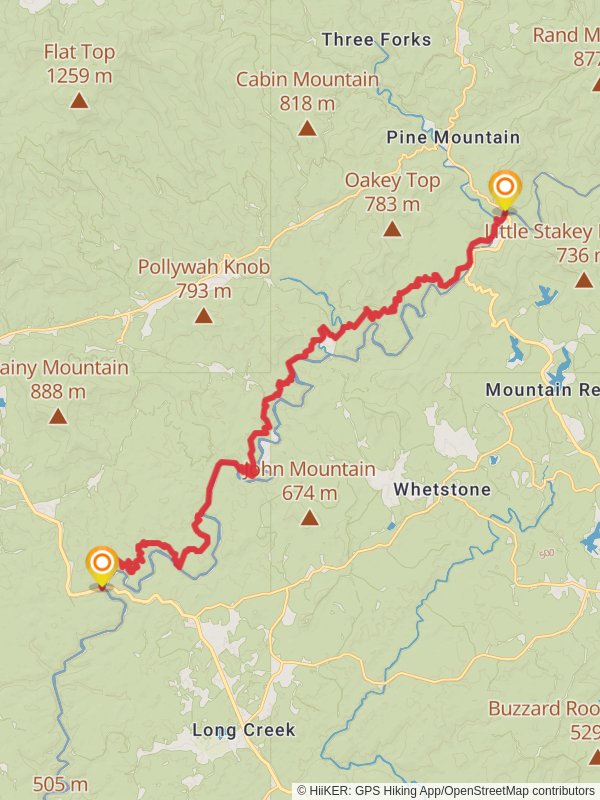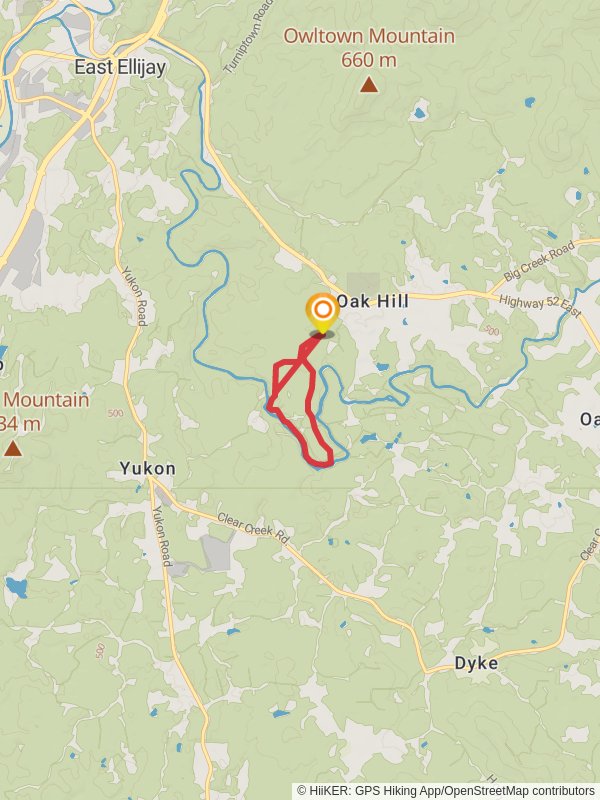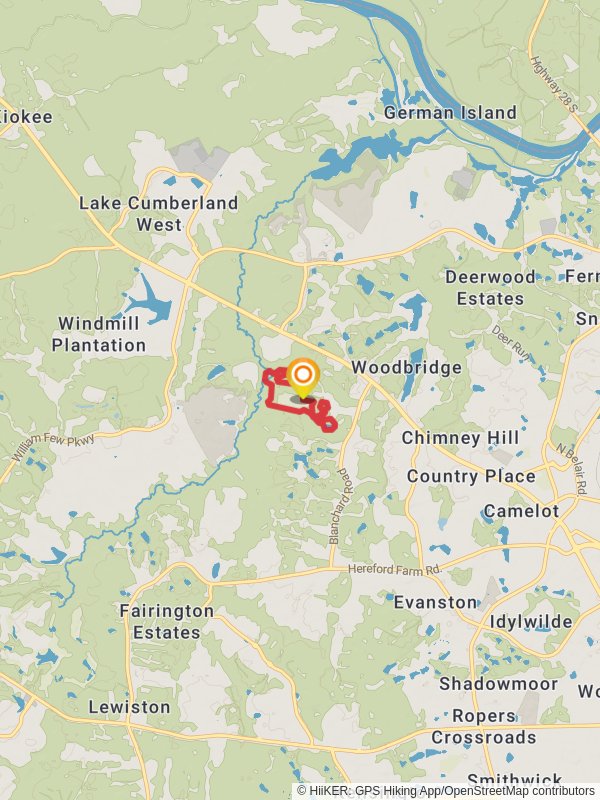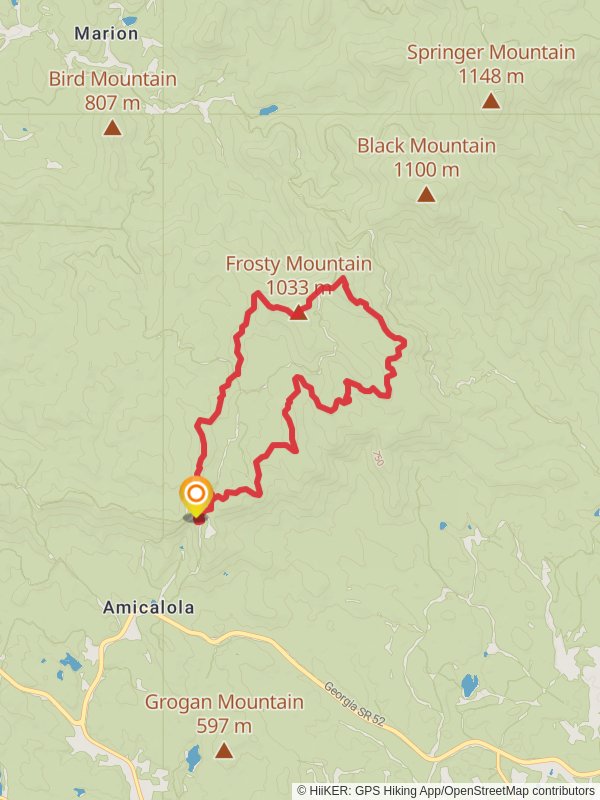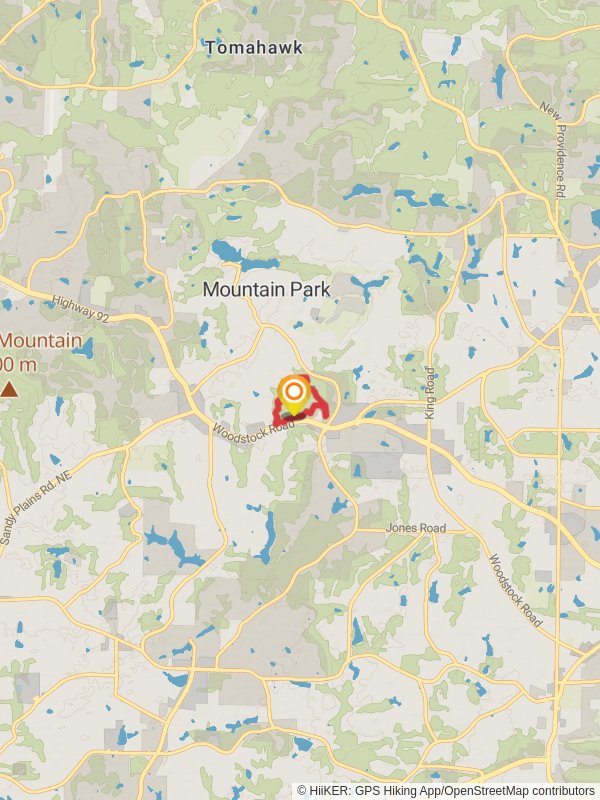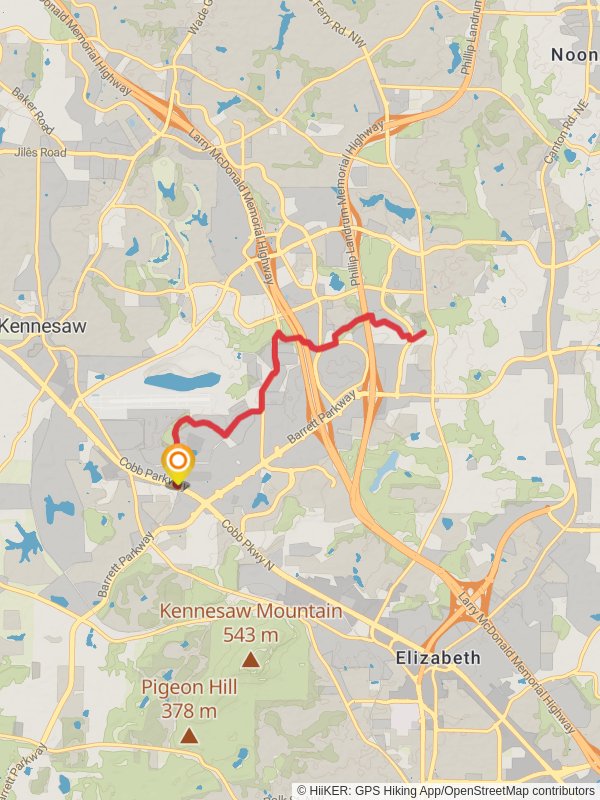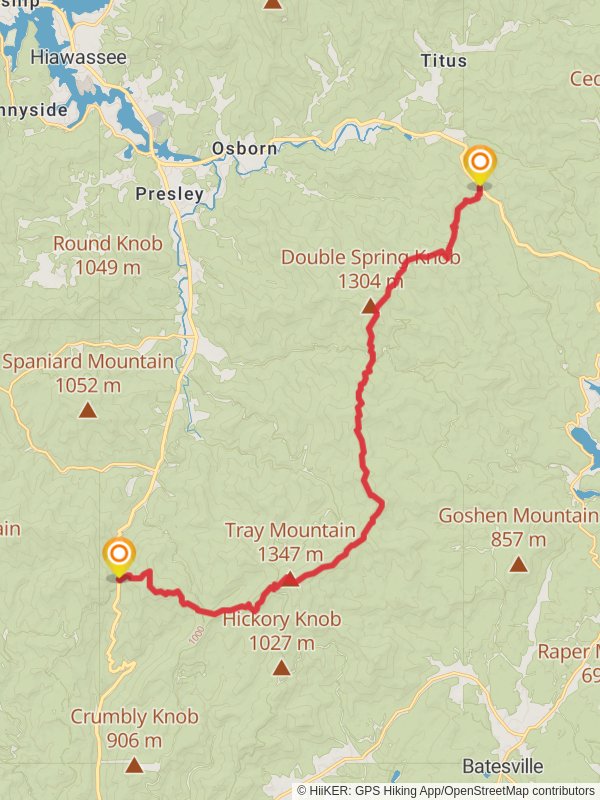Best wildlife hiking trails in Georgia
Calling all nature lovers! These wildlife-rich trails give you the chance to spot some of the forest’s cutest (or wildest) inhabitants while keeping a respectful distance, of course.
Here are some great trails to explore in Georgia.
Most popular trails
Reviews for wildlife hiking trails in Georgia

Chattooga River Trail from Highlands Highway
ChaoticHiker · reviewed about 1 month ago
There are several trees down between sand Ford and Bull Sluice. The trail is mostly blocked about .5 miles in. Some trail maintenance is required unless you want to do some scrambling.




Frequently asked questions for hiking trails in Georgia

The best hiking in Georgia is often found in the cooler spring and fall months. The mild temperatures during these seasons, March to May and September to November, make hiking more comfortable and the changing foliage adds visual interest.
Pay attention to weather forecasts before setting out, especially during hurricane season (June-November). Websites like the National Weather Service (www.weather.gov) provide up-to-date information to keep hikers safe and prepared.





More trails in Georgia
by difficulty
by type
